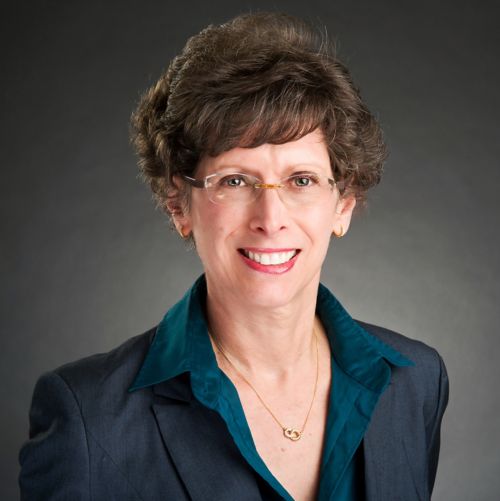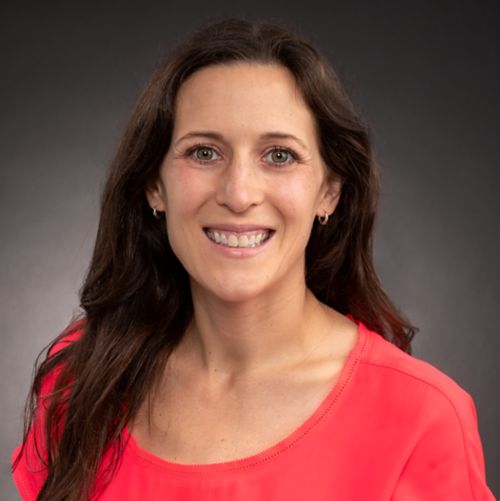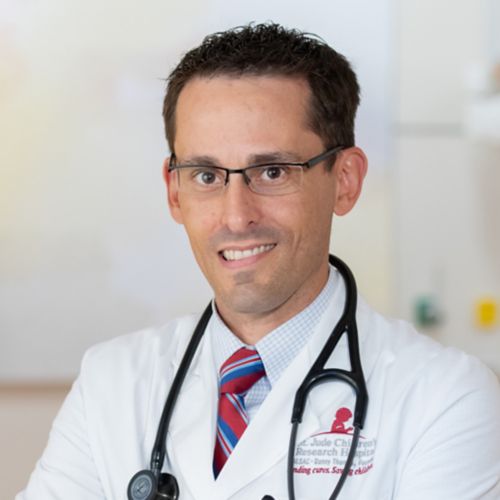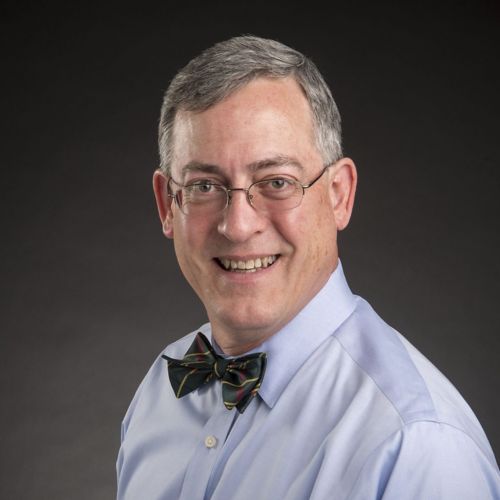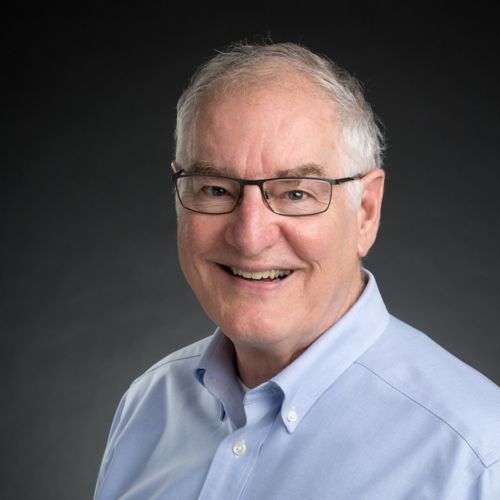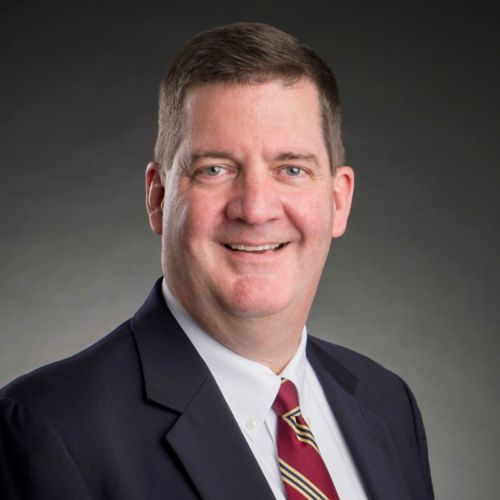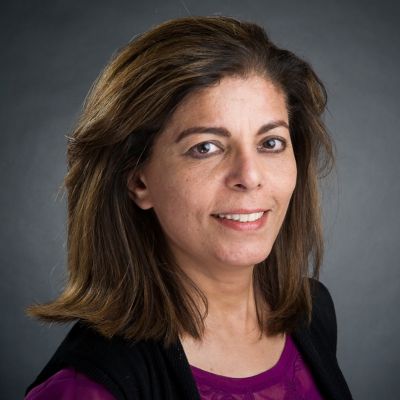Divisional focus
We envision a future where childhood cancer and its treatment no longer adversely impact survivors’ long-term health and quality of life. Survivors should be able to live long and healthy lives – physically and emotionally. To achieve this future, we provide outstanding clinical care, facilitate care transitions, conduct impactful research, and disseminate knowledge. Our efforts in these areas will help:
- Guide clinical trial design
- Educate patients, families, and providers
- Refine surveillance recommendations
- Develop interventions to promote health
- Inform healthcare policy
To enact our mission, the Division of Cancer Survivorship conducts clinical research to learn more about the late effects of cancer and its treatment. We also provide follow-up and supportive care after active treatment ends.
Success and a quest - Vastly improved survival rates among pediatric cancer patients—80% or more in the United States—is one of the truly great success stories of modern medicine. Although researchers still strive to hit the 100% survival mark for all types of pediatric cancer, we now have a new quest: finding ways to improve the health and quality of life in adults who received treatment for pediatric cancer. At last count, there were approximately 300,000 in the United States, and their ranks are growing.
Due to improved screening, diagnosis, and treatment, this generation of cancer survivors is living longer. This means that they are now beginning to experience the long-term effects of cancer and treatment. Clinical investigations are in progress to help us understand the health issues faced by adults who received diagnosis and treatment 10, 20, and even 30 years ago. As always, what we learn will be used to improve the health and quality of life among long-term survivors. It will also be translated into more effective treatments with fewer side effects for future generations of patients.
Patient care and follow-up - After active treatment ends, patients transfer to the The St. Jude LIFE & After Completion of Therapy Clinic Presented by Kmart. Here, they receive annual evaluations until they are 18 years of age or 10 years post diagnosis. At that time, after completion of therapy (ACT) patients graduate and become St. Jude alumni. The St. Jude Cancer Registry staff contacts alumni periodically to check their health status.
Research and treatment team
Director
Faculty
Staffing ACT/SJLIFE Clinics
In the news
The American Association of Cancer Research (AACR) honored Melissa Hudson, M.D., St. Jude Cancer Survivorship Division director and Jun J. Yang, Ph.D., St. Jude Department of Pharmacy and Pharmaceutical Sciences vice-chair at AACR’s annual meeting, held April 14-19, 2023. Read the full release.
In the news
Childhood cancer survivors have higher mortality than the public, but survivors with a healthy lifestyle and fewer heart disease risk factors had lower risk, according to research from St. Jude Children's Research Hospital. Find out more.
In the news
St. Jude scientists have found that socioeconomic deprivation, the presence of treatable chronic health conditions and frailty are independently associated with increased late mortality in childhood cancer survivors. Learn more.
In the news
Scientists at St. Jude Children's Research Hospital have found indications of accelerated aging among childhood cancer survivors. Find out more.
Related topics
Join us
St. Jude investigators have the freedom to focus on making big discoveries, backed by extraordinary resources and support teams. We are always looking for highly motivated scientists and engineers with passion and talent to join us!
Contact us
Division of Cancer Survivorship
MS 735, Room S6050
St. Jude Children's Research Hospital
262 Danny Thomas Place
Memphis, TN 38105-3678
Email: melissa.hudson@stjude.org
Phone: (901) 595-5891
Fax: (901) 595-5845
Preferred contact method: email
